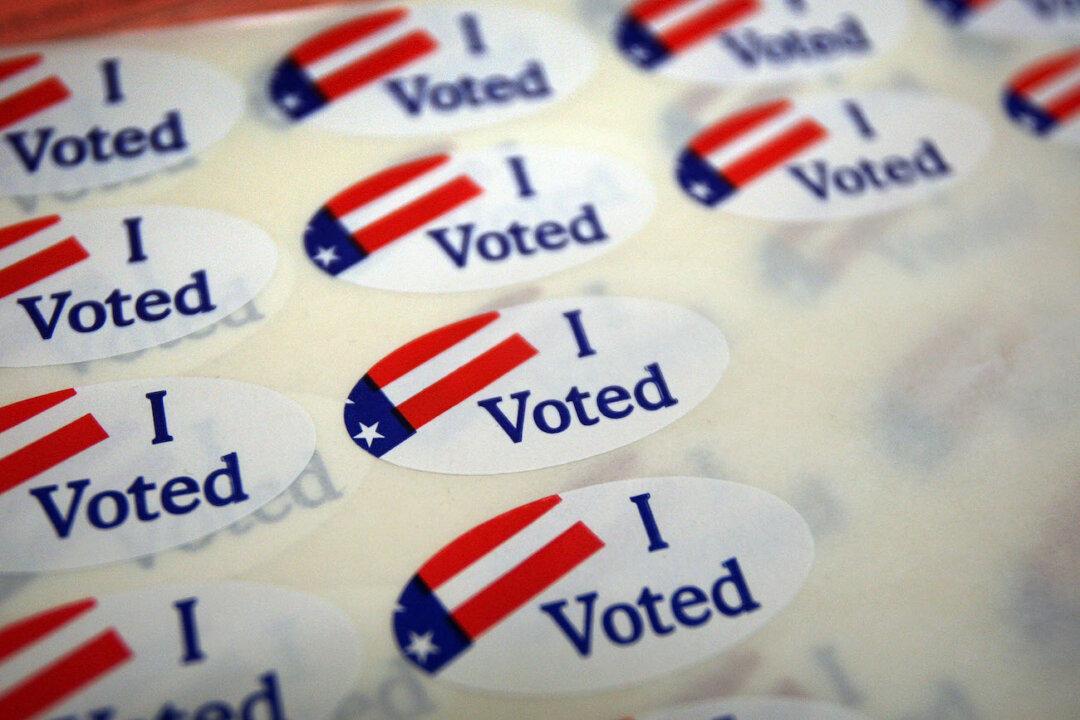A judge in California recently overturned a law that allowed non-citizen parents to vote in school board elections in San Francisco, saying it violates the constitution and statutes of the state.
The move was similar to a separate ruling in late June by a judge in New York, who struck down a law that would have allowed over 800,000 non-citizens to vote in local elections.




